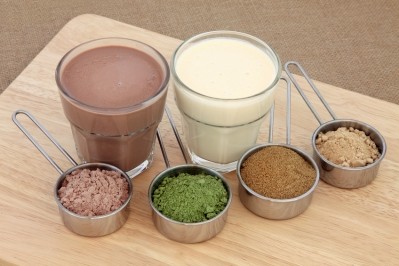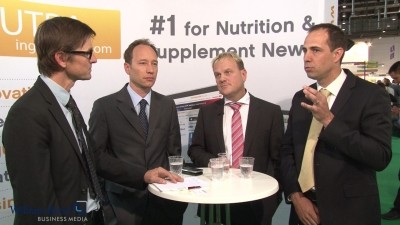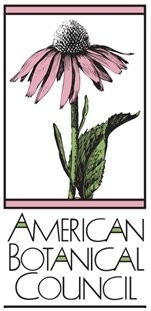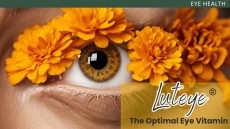Herbals need better regulation to overcome quality control challenges, say researchers
Writing in Complementary Therapies in Medicine, researchers said that despite the growing popularity of herbal medicines worldwide, there are still many adverse events associated with herbal supplements – which can be attributed to the poor quality of the raw materials or the finished products.
Led by senior author Professor Edzard Ernst of Peninsula Medical School, UK, the research group explained that increases in the usage of herbal medicines worldwide means that these safety issues have become important.
“A large proportion of the adverse events are attributable to the poor quality of the finished products, some resulting from the raw herbal materials that were contaminated,” said the researchers.
Ernst and his colleagues warned that issues such as contamination with toxic metals, pesticides residues and microbes, in addition to the rise of adulteration and misidentification mean that greater quality controls are needed for herbals.
“Although the problems are universal, they seem to be more prevalent in Asian countries, especially in China and India, which are the largest producers and users of herbal medicines,” reported Ernst and his team.
Quality is key
Ernst and his colleagues explained that there are many factors which influence the quality of herbals products – from the cultivation of medicinal herbs to the final herbal product. These issues can be categorised into ‘external’ and ‘internal’ issues, they said.
External quality problems mainly include contamination, adulteration, and misidentification, they said – adding that such problems can lead to a serious risk of harm to consumers and can pose a serious obstacle to the reliable trade and exporting of such products.
“Heavy metals have been found in herbal medicines with some regularity,” they warned. “The three most commonly detected toxic metals are mercury, arsenic, and lead; others include cadmium, copper and thallium.”
The team also warned that instances of herbal medicines adulterated with orthodox drugs and plant materials “have repeatedly been documented.”
“Several pharmaceuticals have been found in herbal medicines, and the incidence of adulteration of commercially available herbal preparation was reported to be 7% in California, 5.5% in New York and 1.23% in Singapore,” they noted.
Ernst and his team added that ‘internal’ quality issues can be even more challenging – explaining that the “bewildering variety of phytochemicals” produced by some herbs, in addition regional variations in composition caused by a host of environmental factors can lead to important issues of quality.
“A recent analysis of 25 ginseng products found a 15–200-fold variation in the concentration of the two ingredients believed to have biological activity: ginsenosides and eleutherosides,” they noted.
Solutions
Ernst and his colleagues suggested that the “rigorous implementation” of Good Agricultural and Collection Practices (GACP) and Good Manufacturing Practices (GMP) “would undoubtedly reduce the risk of external issues” such as contamination and adulteration.
They added that the used of modern pharmaceutical standard analytical methods would ensure herbal products with controllable quality can be manufactured.
The team said that in order to achieve an overall improvement of quality, efforts should be made to deepen methodological research and enhance regulation of herbals.
“Government organisations should assume responsibility to provide active guidance and effective regulation,” they concluded.
Source: Complementary Therapies in Medicine
Volume 20, Issues 1–2, February–April 2012, Pages 100–106, doi: 10.1016/j.ctim.2011.09.004
"Quality of herbal medicines: Challenges and solutions"
Authors: J. Zhang, B. Wider, H. Shang, X. Li, E. Ernst
















